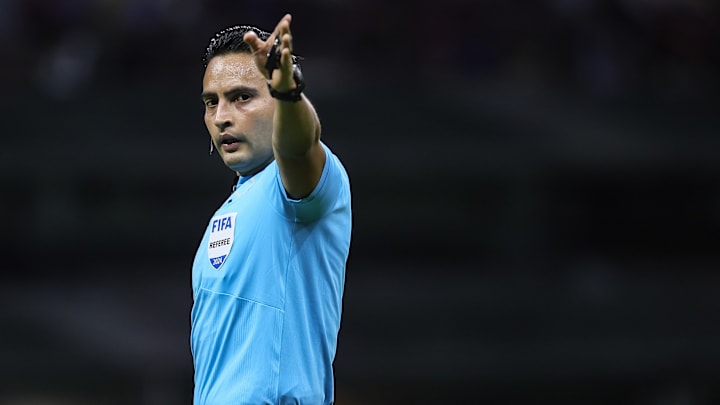The friendly between Brazil and the United States, which ended in a 1-1 draw, was marked by a controversial incident involving referee Said Martinez and VAR. What was meant to be a simple test for both teams turned dramatic, sparking heated debates about the fairness of decisions made on the field.
It all began five minutes into the second half when Rodrygo, a forward for the Brazilian national team, received a pass and advanced towards the goal. In what seemed like a promising play, he was brought down near the area by Chris Richards. Martinez immediately blew the whistle and showed the American defender a yellow card, bringing relief to fans who were expecting a red.
Follow MLS Multiplex on X (Twitter).
VAR's intervention added a new chapter to this story. Martinez was called to review the play, with the potential to upgrade the yellow card to a red, a decision that could drastically alter the course of the match. Suspense gripped the stadium as the referee reviewed the video footage. However, the final decision surprised everyone: not only was the red card not given, but the foul itself was completely overturned and the yellow card rescinded. Martinez, after reviewing the images, concluded that Chris Richards had not committed any infraction against Rodrygo, reversing his initial call.
This turnaround sparked a wave of indignation and bewilderment among Brazilian players, coaching staff, and fans. The cancellation of the foul and withdrawal of the yellow card were seen as a blatant injustice by many, who questioned the referee's interpretation and the effectiveness of VAR. In a game where every detail matters, this decision raised doubts about the consistency and impartiality of officiating.
The 1-1 draw, with goals from Rodrygo for Brazil and Pulisic for the United States, both in the first half, had already established a competitive and balanced game. Rodrygo shone by opening the scoring, but Pulisic's precise free-kick leveled the score for the Americans, showcasing the strength of both sides. However, Said Martinez's decision controversy overshadowed the technical quality of the match, shifting the spotlight onto officiating.
The controversy didn't end there. Another contentious moment occurred when João Gomes committed a foul that led to the United States' equalizing goal. In my opinion, the referee erred in this call, adding fuel to the criticism of Martinez's performance. These series of mistaken decisions underscore the need for a profound debate on the use of VAR and the training of referees to handle technology fairly and effectively.
The introduction of VAR was a significant step in reducing errors on the field, but its effectiveness relies on human interpretation, which remains prone to mistakes and controversies. It is crucial that referees are well-trained and capable of making quick and accurate decisions without disrupting the natural flow of the game.
